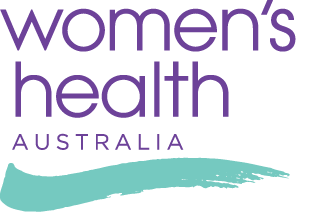Women with PMS more likely to suffer post-natal depression

Around 1 in 5 Australian mothers experience post-natal depression. Any insight into what makes some women more susceptible than others will help GPs, midwives, new mums and their families to set up appropriate support and be on the look-out for symptoms.
Health professionals currently use psychological and socio-economic factors to screen for risk of post-natal depression. Previous research has suggested that there is a link between experiencing premenstrual syndrome (PMS) and developing post-natal (sometimes called post-partum) depression. Up until now, we didn’t have much evidence from large scale studies that tracked women’s PMS and followed up to see who went on to develop post-natal depression.
As part of her PhD research, Sifan Cao has investigated the relationship between PMS and post-natal depression in 5,479 mothers from the 1973-78 cohort of the Australian Longitudinal Study on Women’s Health. The Study followed the women for 15 years, from the ages of 22-27 to 37-42.
- 15.4% of the women reported post-natal depression
- 55% reported experiencing PMS
- 17.2% rarely
- 25.7% sometimes
- 12.2% often
The results of Ms Cao’s analysis showed that PMS was associated with post-natal depression. The more frequently the women experienced PMS before birth, the more likely they were to have post-natal depression. Those who rarely had PMS had a similar risk of developing post-natal depression as women who didn’t have PMS before pregnancy. The risk was1.3 times greater in women who sometimes had PMS and 1.5 times greater in women who often had PMS.
We also know that women who have depression are more likely to go on to experience post-natal depression. The data showed that regardless of whether women had a history of depression or not, PMS was still associated with post-natal depression.
The survey questions asked women how often they experienced PMS. More research needs to be done to see if the severity of PMS symptoms impacts women’s risk of post-natal depression and whether there is a difference between women with psychological (e.g. depressed mood, irritability) or physical (pain, bloating, tiredness etc.) or physical symptoms. In the meantime, this research can be used to help identify women at risk of post-natal depression well before pregnancy.
Citation:
Sifan Cao, Mark Jones, Leigh Tooth, Gita Mishra, Does premenstrual syndrome before pregnancy increase the risk of postpartum depression? Findings from the Australian Longitudinal Study on Women’s Health, Journal of Affective Disorders (2020),
Read the journal article at doi:https://doi.org/10.1016/j.jad.2020.09.130 (subscription necessary)

